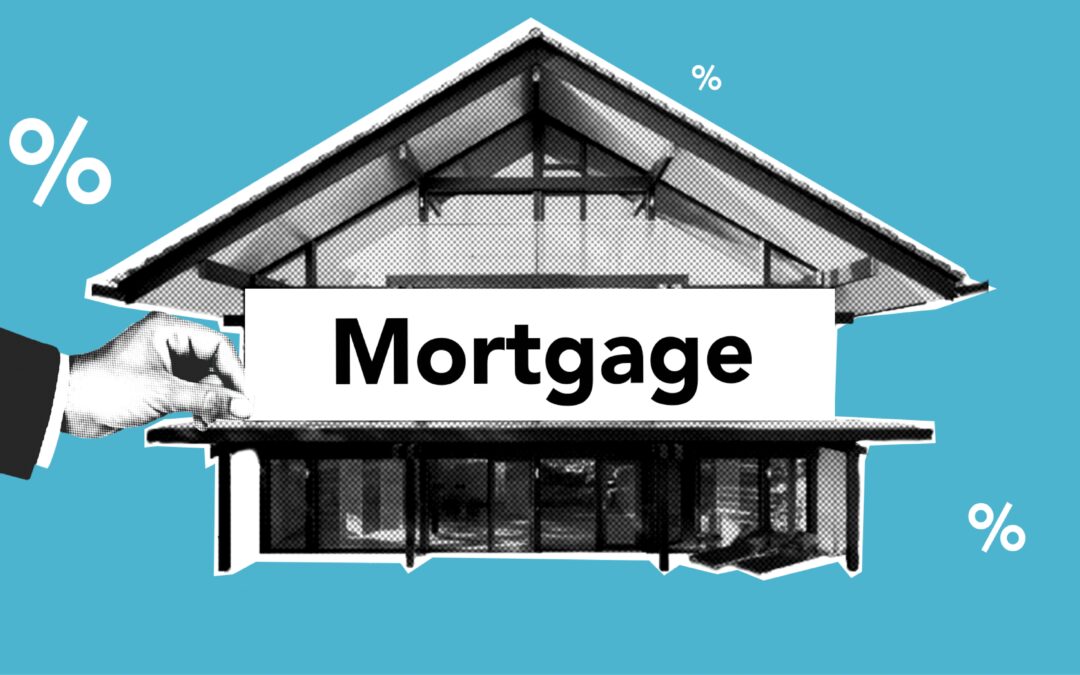Deciding to buy a home is a big step, and choosing the right type of mortgage can be just as important. If you’re considering buying a home, you may be wondering whether you should go with an FHA loan or a conventional loan. Both options have their pros and cons, so it’s important to understand the differences between the two before making your decision.
Let’s start by looking at FHA loans. These loans are backed by the Federal Housing Administration and are designed to help first-time homebuyers and those with lower credit scores or smaller down payments. If you’re struggling to come up with a large down payment or have less-than-perfect credit, an FHA loan may be a good option for you. With an FHA loan, you can put down as little as 3.5% of the purchase price of the home. This can be a big help if you’re just starting out and don’t have a lot of savings.
FHA loans also have more lenient credit requirements than conventional loans. While you’ll still need to have a decent credit score (typically around 580 or higher), you may be able to get approved with a lower score than you would need for a conventional loan. This can be a big help if you’re still working on improving your credit score.
However, there are some downsides to FHA loans. For one, they require you to pay mortgage insurance premiums (MIP) for the life of the loan. This can add up to a significant amount of money over time. In addition, FHA loans have limits on how much you can borrow. for example, the current limit for a single-family home is $596,850. If you’re looking to buy a more expensive home, you may need to look at a conventional loan instead.
So, what about conventional loans? Private lenders offer these loans without government backing. They generally require higher credit scores and larger down payments than FHA loans. If you have a strong credit score and can put down a sizable down payment, a conventional loan may be a better option for you.
One of the main benefits of conventional loans is that they don’t require you to pay mortgage insurance premiums if you put down at least 20% of the purchase price of the home. This can save you a lot of money over time. In addition, conventional loans typically have higher borrowing limits than FHA loans. for example, the current limit for a single-family home is $822,375.
However, there are some downsides to conventional loans as well. They often require a larger down payment than FHA loans, which can be difficult for some buyers. In addition, they generally have stricter income and debt-to-income ratio requirements than FHA loans. This means you’ll need to have a stable income and a manageable level of debt in order to qualify.
So, which loan is right for you? The suitability of FHA loans versus other options depends on individual financial circumstances and objectives. For instance, if you have limited funds for a down payment or a lower credit score, FHA loans may be a viable choice. If you have a strong credit score and can put down a sizable down payment, a conventional loan may be a better fit.
It’s important to speak with a trusted lender to discuss your options and determine which loan is right for you. They can help you understand the pros and cons of each type of loan and help you find a loan that fits your needs and goals. Remember, buying a home is a big decision, so take your time and make sure you’re choosing the option that’s right for you.
When choosing between FHA and conventional loans, it’s important to consider the overall cost of the loan. While FHA loans may have lower down payment requirements, the cost of mortgage insurance can add up over time. On the other hand, conventional loans may require a larger down payment, but they often have lower interest rates, which can save you money over the life of the loan.
Additionally, evaluating your long-term financial objectives is crucial when considering a mortgage. If you plan to stay in your home for a long time, a conventional loan may be a better option, as you’ll be able to build equity in your home more quickly. However, if you’re planning to move in the near future, an FHA loan may be a better fit, as you’ll be able to take advantage of the lower down payment requirements.
In the end, the decision between FHA and conventional loans will depend on your individual financial situation and goals. Both options have their pros and cons, so it’s important to do your research and speak with a trusted lender before making your decision. If you’re looking for a reliable and experienced lender, then Blue Arrow Lending is one of the most sought-after and trusted mortgage professionals in these states, with a track record of helping clients find the right loan for their needs. With the right loan and the help of a trusted lender, you can achieve your dream of homeownership and build a solid foundation for your future.


Recent Comments